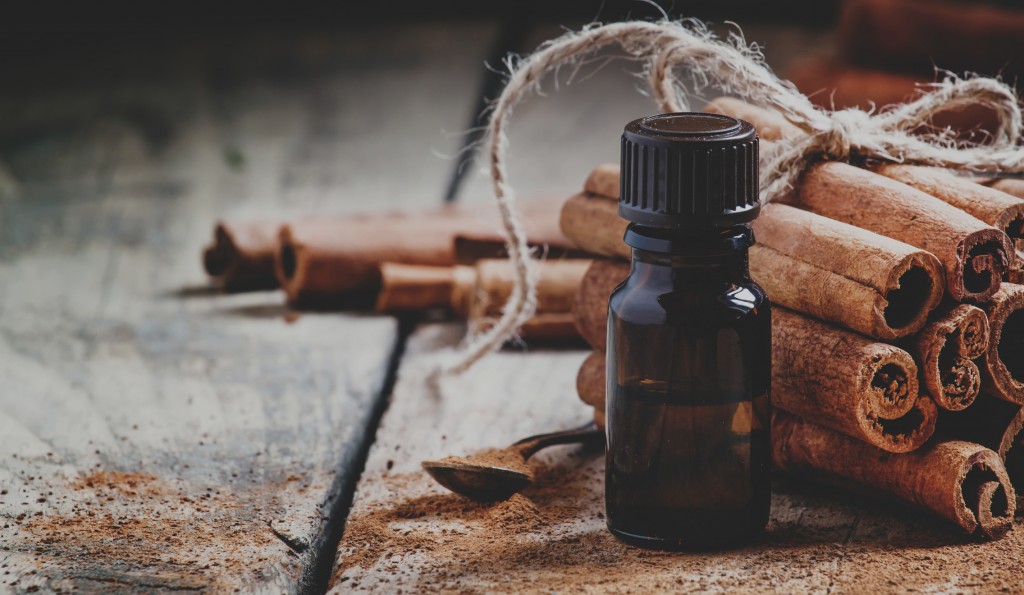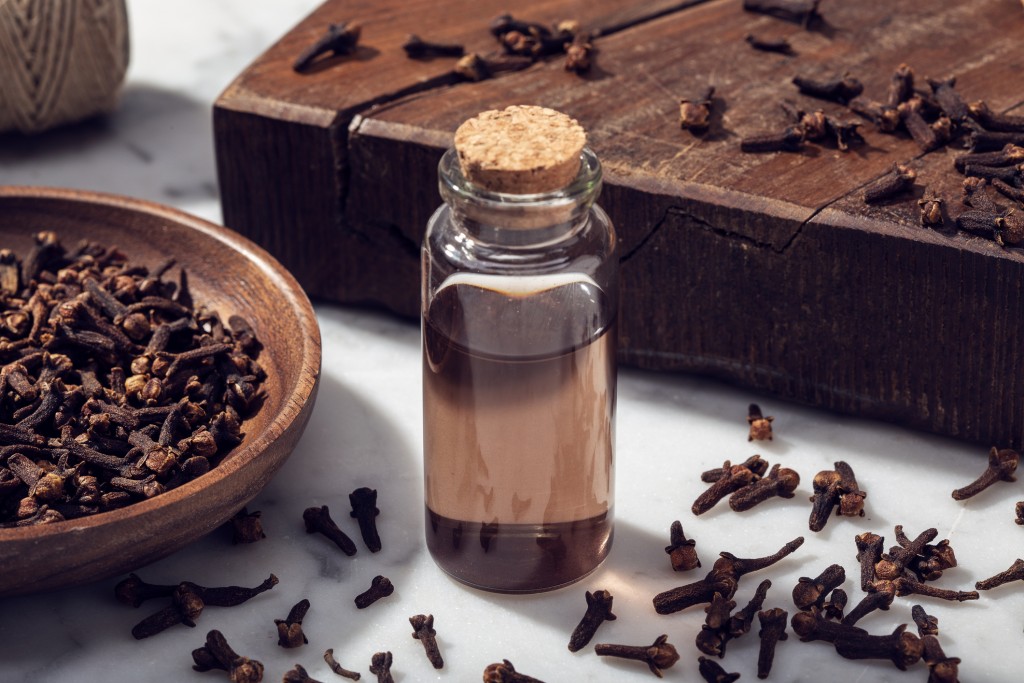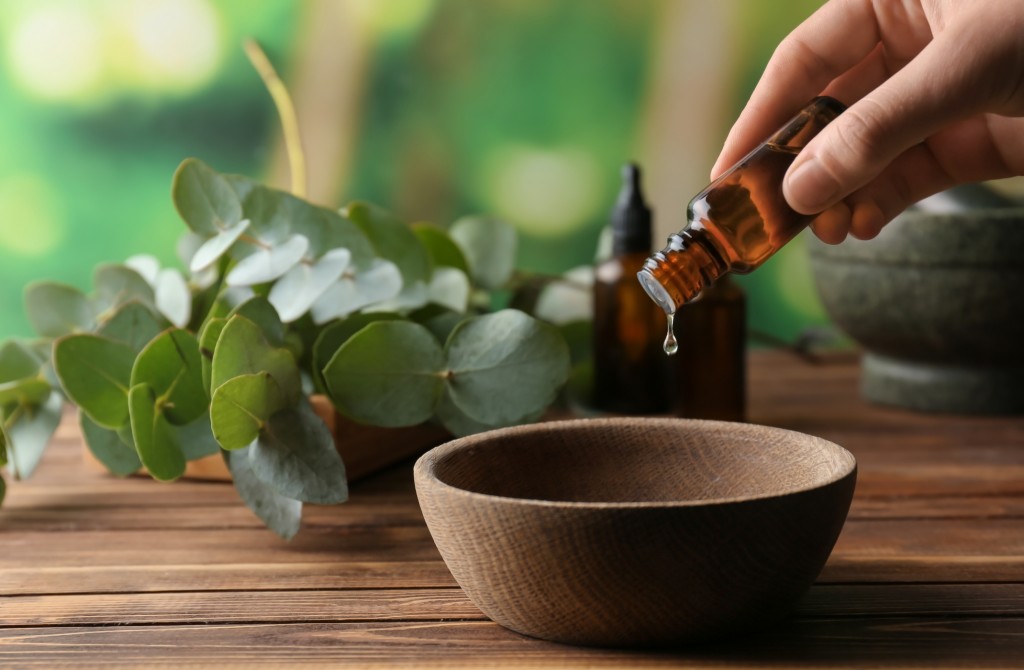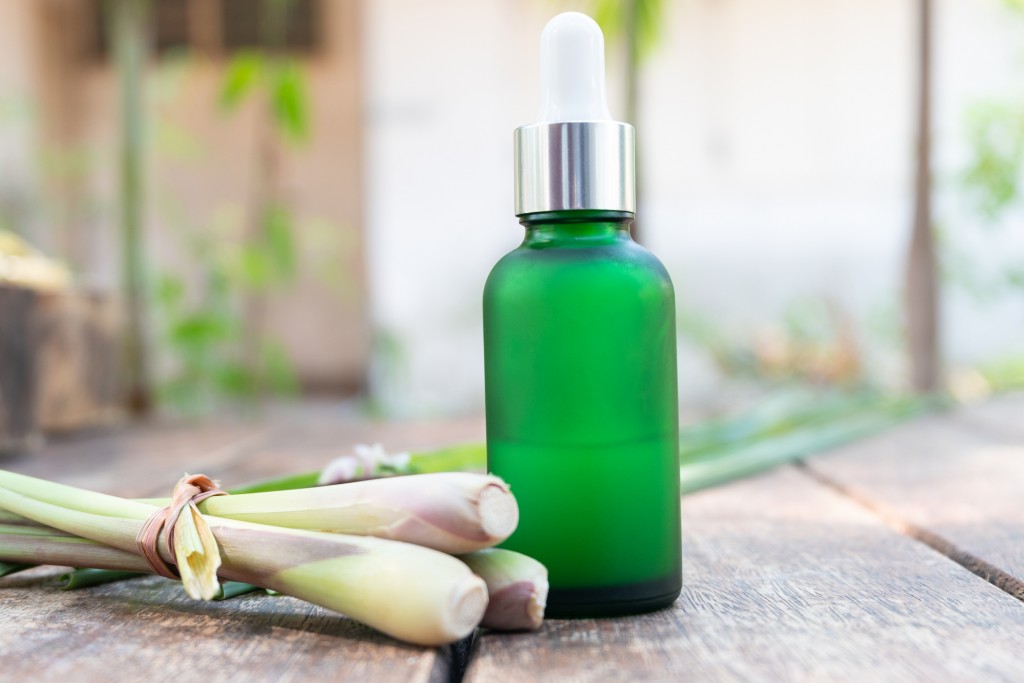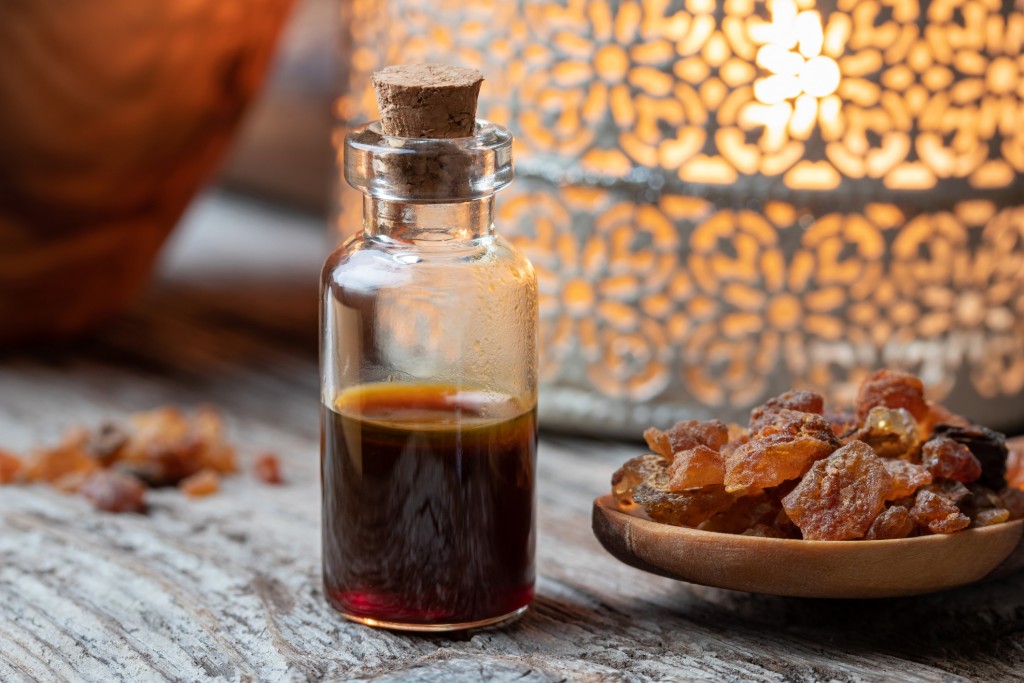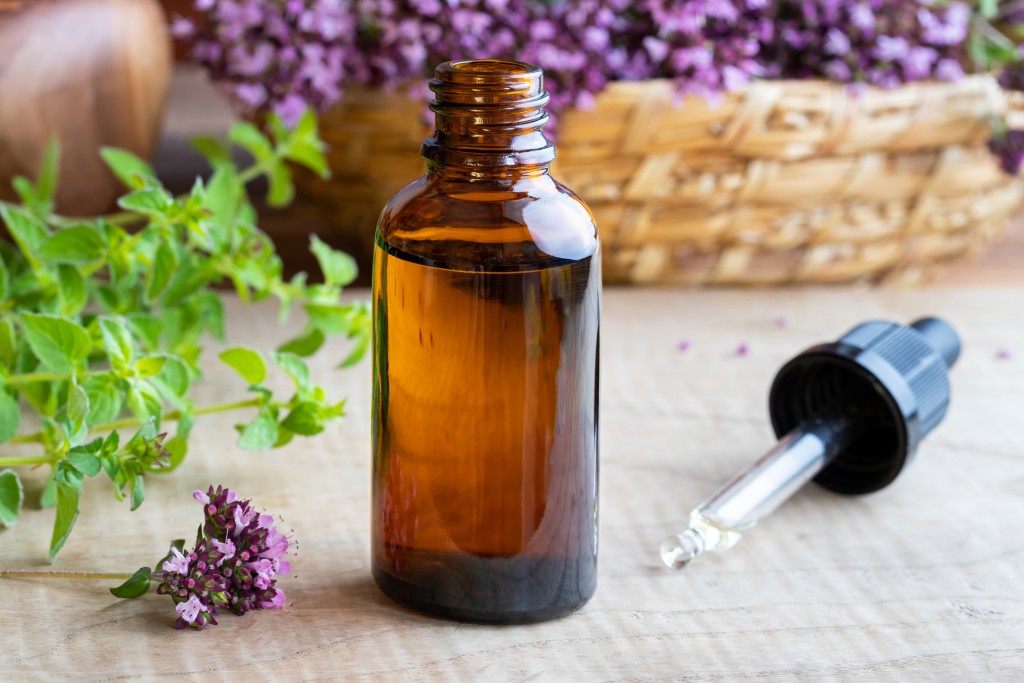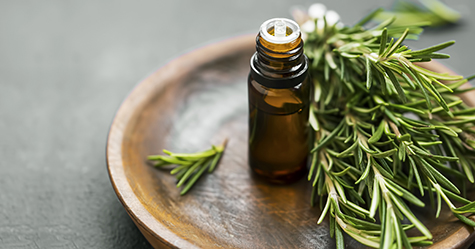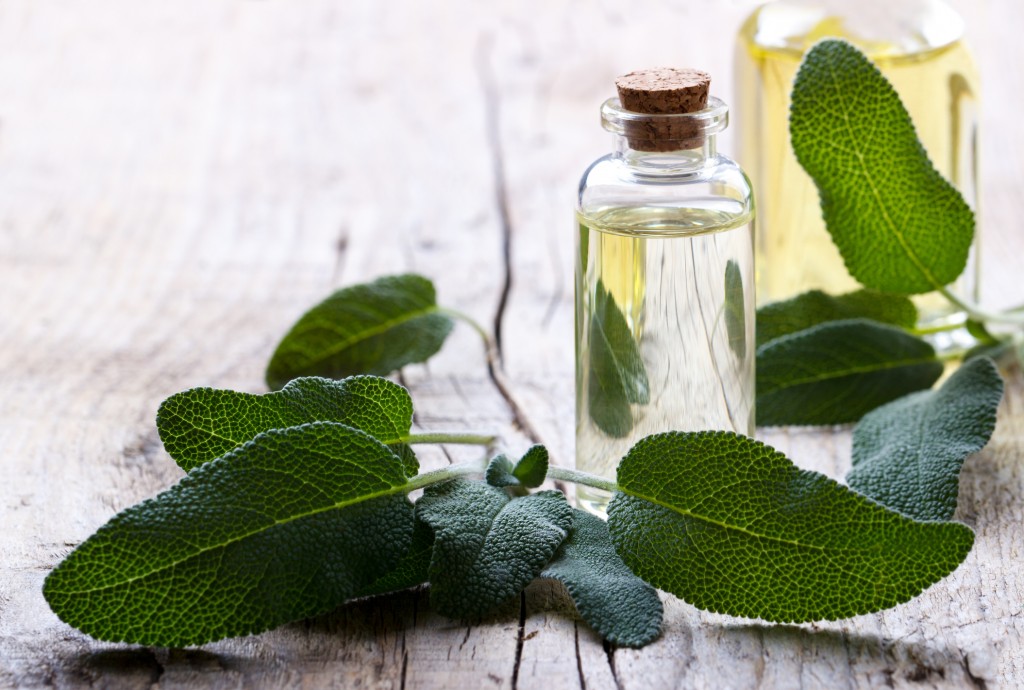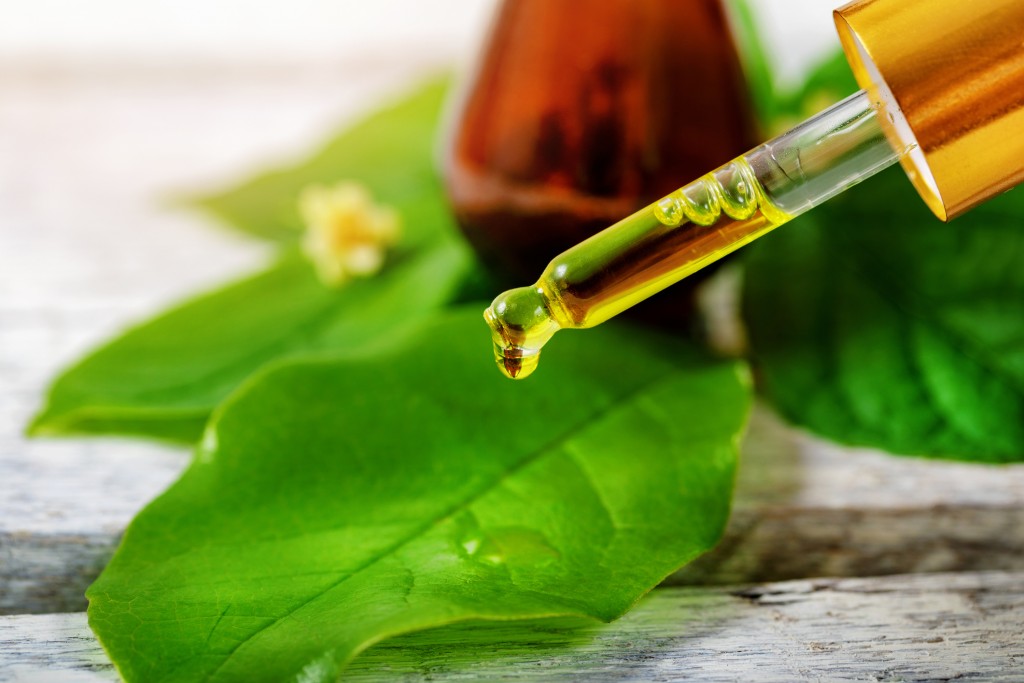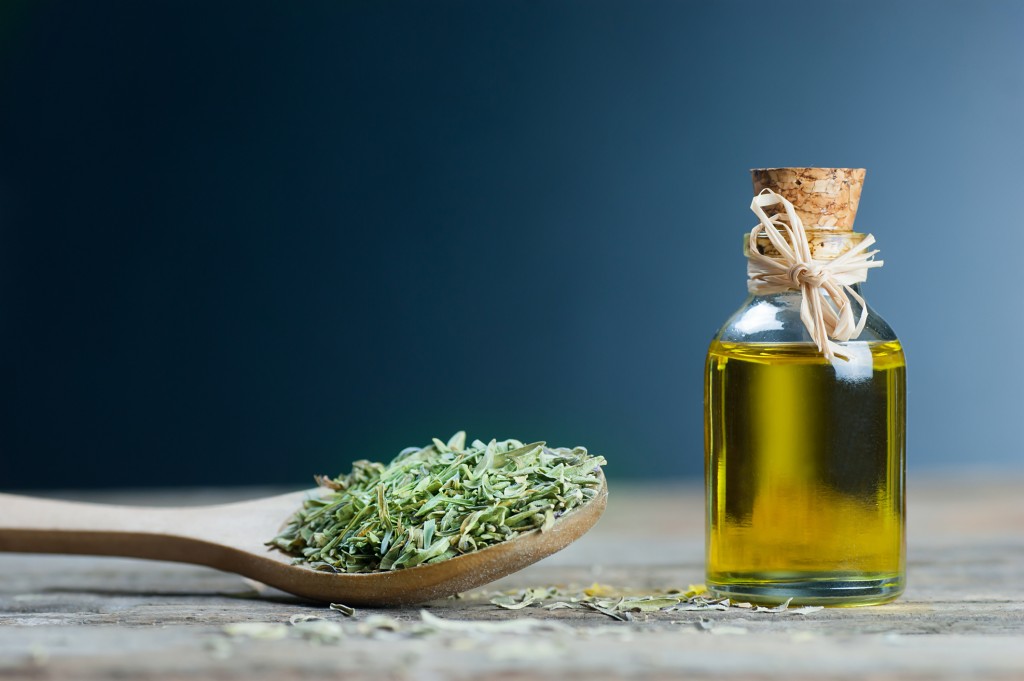Top 10 Antiviral and Antibacterial Essential Oils


In a world where more bacteria are becoming antibiotic resistant and the population struggles with new, emerging viruses, individuals and researchers are looking to naturally occurring antimicrobial plants and extracts for insights into new ways to fight these dangerous bugs. While there are many situations where conventional antibiotics and medicine are necessary, there are also some ways to include essential oils as a complement or natural alternative. Research is still emerging on the effectiveness of essential oils for fighting bacteria, fungi, and viruses, so we’re highlighting our top 10 antiviral and antibacterial essential oils right here for you.
As with all essential oils, be sure to dilute them before use, especially if applying them to your skin. Many of these oils are quite strong, making it even more critical to dilute them before use to prevent burning and irritation. Read on to see which of these top 10 antiviral and antibacterial oils will be best for you and your home.
1. Cinnamon
This sweet and spicy oil has a comforting aroma reminiscent of autumn baking, but it also has impressive antibacterial and antiviral effects. Research has found that it can even be helpful in fighting bacteria that cause cavities when used in the mouth which is one reason you can find cinnamon toothpaste in natural health stores. Some studies have found that cinnamon oil can be effective at fighting drug-resistant bacteria and can be used as a surface disinfectant for your home. But before you go putting cinnamon oil on your skin or in your mouth, keep in mind that many manufacturers suggest not using cinnamon oil on skin at all (even when diluted) due to the risk of burns. Keep this one well away from kids and pets to keep them protected from the burn and toxic risk and make sure to check with your medical team to see if this is safe for you to use.
2. Clove
Another flavor commonly used in baking; clove is also an excellent essential oil for its impressive antimicrobial effects. Used in many cultures as a common tooth-pain reliever due to its analgesic effects, clove is one of the best essential oils for blocking cavity-causing bacteria. Studies have found clove essential oil is effective at blocking the growth of bacteria and fungus. It also appears to be able to penetrate through biofilms and kill staph bacteria where conventional antibiotics struggle. But be careful–clove oil (like cinnamon) is extremely strong and can burn if it’s not well diluted. Check with your vet before diffusing this oil around your pets since it can be toxic to cats and dogs.
3. Eucalyptus
An essential oil powerhouse, eucalyptus essential oil is one of the main ingredients in commercial cough suppressants and cough drops for good reason; it has been shown to really benefit health when people are sick. You can make your own homemade version by combining eucalyptus oil with others like peppermint to relieve coughs and help move mucus out of the chest while congested. The unique smell that it offers can help to open up airways. Its antibacterial effects can help fight germs, too. Make sure not to use this one around kids or pets – many of the strong oils on this list can harm them and eucalyptus is no exception.
4. Lemongrass
You can find lemongrass in Asian-inspired cooking but it’s uses go far beyond the kitchen. This essential oil has proven antimicrobial effects. Research shows that lemongrass is effective against bacteria that cause skin and respiratory infections. It can be made into a salve or a soothing topical that you can gently inhale. On top of these benefits, lemongrass is also antifungal, even fighting against fungus that causes athlete’s foot. This is a great one to keep in your gym bag and medicine cabinet because it can be used for many different ailments.
5. Myrrh
This essential oil is made from the dried sap and has a long history of use in traditional Chinese and Ayurvedic medicine. It has a deep, warm and comforting scent that can be calming to those who are sick. Myrrh is valued for its antibacterial effects and was historically burned to cleanse the air of contagious diseases. Keep in mind that traditional uses don’t always equate to modern medicine but we can look to how it was used in the past for ideas on how to use it in the present. While myrrh oil kills bacteria directly, it has also been shown to help stimulate the immune system, having a double-acting effect against bacteria.
6. Oregano
An herb that could be growing in your garden right now, this oil is extremely strong and should always be well diluted before use. Oregano oil has potent antibacterial effects that appear to rival conventional antibiotic medications in some studies. Some doctors even use oregano oil as part of the treatment for gut infections such as small intestinal bacterial overgrowth (SIBO) – but be sure to talk with your doctor before taking oregano oil internally, as this strong oil can be dangerous when taken incorrectly and can interact with other medications already prescribed. Many essential oils are quite potent!
7. Rosemary
This woody herb is perfect for more than just seasoning your vegetables. Rosemary essential oil blocks the growth of bacteria and yeast in lab settings. Studies show that rosemary oil is so effective at inhibiting bacteria that it is even used in food preservation for this reason. Studies have found rosemary to be effective at fighting bacteria like E. coli, Staphylococcus aureus, and others. Food safety techniques are always your best bet in the kitchen, but this is a wonderful herb to use in cooking and as an essential oil for your health.
8. Sage
Think beyond using sage to season your food and use this essential oil for its antimicrobial properties. Studies show that sage essential oil is able to prevent the growth of bacteria, even at relatively low concentrations (at least in lab settings!), which is great news for any frugal essential oil users. Sage essential oil contains several impressive chemical components that offer antibacterial, antifungal, and antiviral effects. This rich, woody herb pairs well with thyme and oregano for their herbaceous scents and antimicrobial effects.
9. Tea Tree
Tea tree oil has well studied antibacterial and antiviral effects, making it a good option for a natural ingredient in a salve for minor wounds and treating acne caused by bacteria. Make sure to practice good care by washing any cuts or scrapes before applying it and always dilute this essential oil with a carrier oil like jojoba or coconut oil so it doesn’t end up actually irritating the skin. Tea tree oil’s antibacterial effects also make it effective at treating acne that has a bacterial origin, with research showing that it is comparable to conventional acne treatment topical medications. While tea tree oil might be good for acne or cuts on your skin, keep it away from pets because its toxic for dogs and cats.
10. Thyme
Thyme essential oil is another great antibacterial oil to add to your cleaning or medicine cabinet. It has been used to reduce coughs and shorten the length of a cold in some studies. Thyme has several compounds that contribute to these antibacterial effects and has been shown to help manage oral bacteria, even being included in commercial mouthwashes. Make sure to dilute this essential oil because, like many of the essential oils made from green herbs, this one can be very strong and dangerous to use undiluted.
Have you used essential oils for cleaning or on cuts and scrapes because of their antibacterial properties? Let us know about your experience in the comments!
References:
Bassett IB, Pannowitz DL, Barnetson RSC. A comparative study of tea-tree oil versus benzoylperoxide in the treatment of acne. Med J Aust. 1990;153(8):455-458.
Man A, Santacroce L, Jacob R, Mare A, Man L. Antimicrobial activity of six essential oils against a group of human pathogens: A comparative study. Pathogens. 2019;8(1).
Orchard A, Van Vuuren S. Commercial Essential Oils as Potential Antimicrobials to Treat Skin Diseases. Evidence-based Complement Altern Med. 2017;2017.
Deans SG, Ritchie G. Antibacterial properties of plant essential oils. International journal of food microbiology. 1987 Nov 1;5(2):165-80.
Farag RS, Daw ZY, Hewedi FM, El-Baroty GS. Antimicrobial activity of some Egyptian spice essential oils. Journal of food protection. 1989 Sep;52(9):665-7.
Hammer KA, Carson CF, Riley TV. Antimicrobial activity of essential oils and other plant extracts. Journal of applied microbiology. 1999 Jun;86(6):985-90.
Kalemba DA, Kunicka A. Antibacterial and antifungal properties of essential oils. Current medicinal chemistry. 2003 May 1;10(10):813-29.
